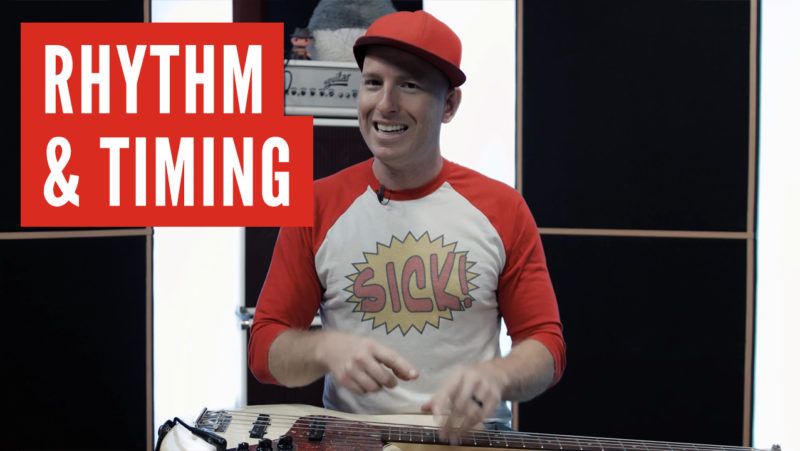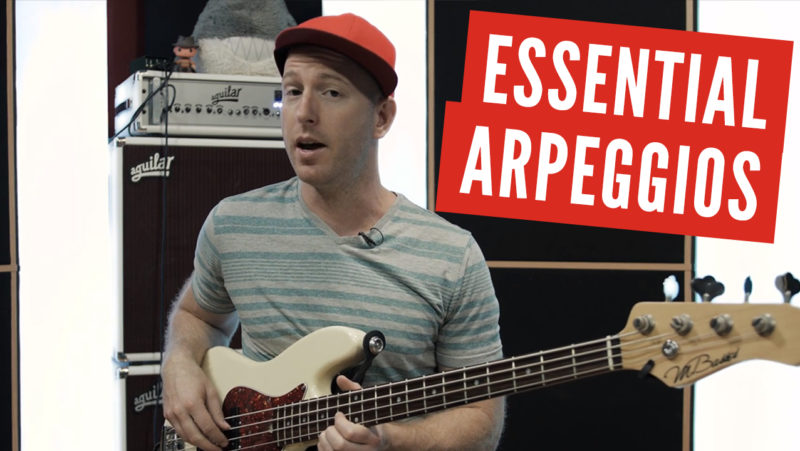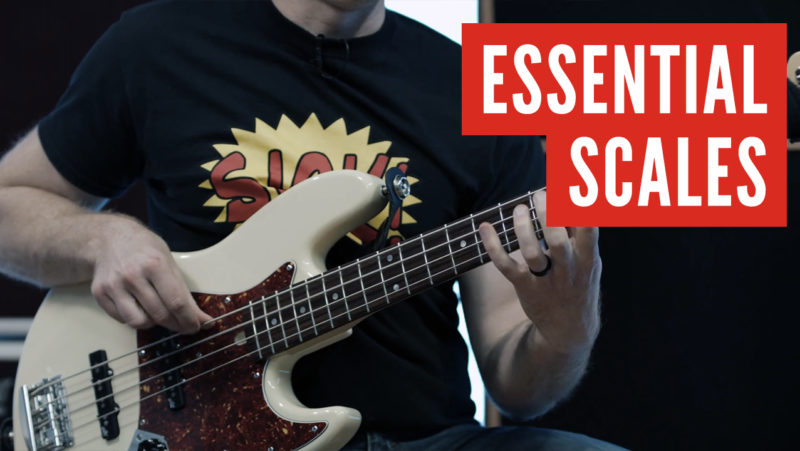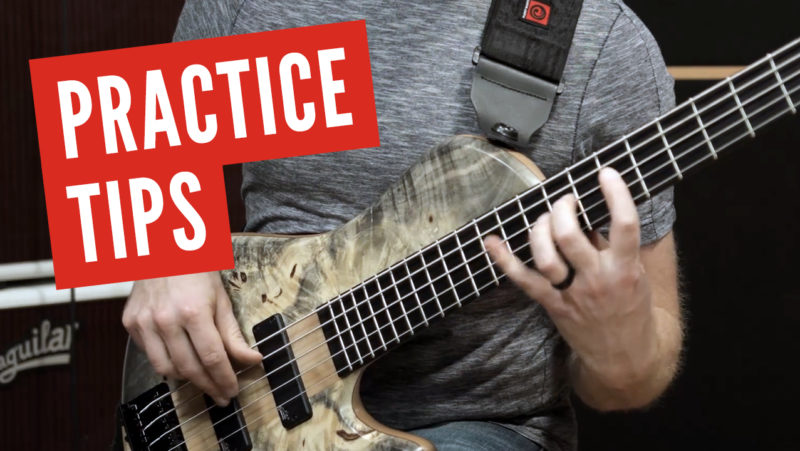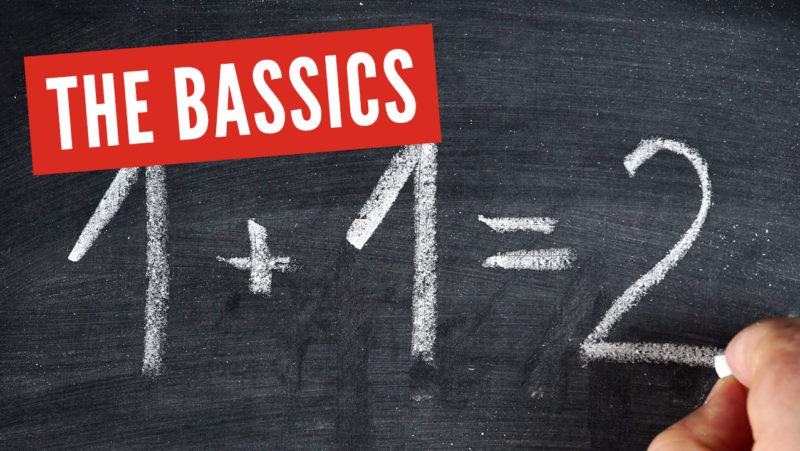I just got done reading a phenomenal book called The Book of Five Rings and I fell in love. It’s the kind of book you can read in a single day because it’s hard to put down and it’s only 60 pages. It was written by Miyamoto Musashi, a famed samurai swordsman, in the year 1645. It’s just amazing to read words of wisdom from someone who walked this earth almost 350 years before you did!
Musashi penned this method called The Way of Strategy, describing it via the five “books” or elements of battle – Ground, Water, Fire, Wind and The Void. It’s pretty interesting to read an instruction manual for the best way to kill another man (he was a samurai, after all, and sword-fighting was kind of his business). Here’s some great advice for ending a fight efficiently and quickly:
“Whenever you cross swords with an enemy you must not think of cutting him either strongly or weakly; just think of cutting and killing him. Do not try to cut strongly and, of course, do not think of cutting weakly. You should only be concerned with killing the enemy.”
Man, if I had a dime for every time that would’ve come in handy . . .
All joking aside, the reason I bring this up is because I found so many parallels between music and fighting in the kind of diligent focus that Musashi writes about. I’ll probably end up reading this book 10 more times each month for the rest of my life; not from start to finish, but just by picking it up every few days and reading a passage to meditate on for the day. There’s some serious gold nuggets in this thing. Here’s a few of my favorites so far:
“If you learn ‘indoor’ techniques, you will think narrowly and forget the true Way. Thus you will have difficulty in actual encounters.” How many times have you practiced a scale or exercise the “indoor way,” or just as a drill in one position and with one application, and then had difficulty actually applying it to a musical context? At least your life wasn’t in danger because of it!
“Any man who wants to master the essence of my strategy must research diligently, training morning and evening. Thus he can polish his skill, become free from self, and realize extraordinary ability. He will come to possess miraculous power. This is the practical result of strategy.” Sound familiar? Sounds like the exact place that we all want to be musically; free from ourselves, playing without thinking and without limits. But how many of us are researching diligently, training morning and evening?
I’ll stop for now because I could easily just quote the entire book within this blog article if I’m not careful, but I’ll leave you with this: The reason I picked up this book is because of this one quote that I heard someone say.
“If you master the principles of sword-fencing, when you freely beat one man, you beat any man in the world. The spirit of defeating a man is the same for ten million men . . . The principle of strategy is having one thing, to know ten thousand things.”
In other words, mastering one thing teaches you how to master all things. You’ve learned how to conquer _____, so now just apply those same principles and steps to _____. Your life isn’t a bunch of detached scenarios and instances that are completely unrelated to one another; you can light the same fire under each discipline in your life with the same strategy. I’m always amazed how someone could be a killer bass player but also ruined his/her personal life; how they could be brilliant and clueless at the same time. Perhaps it’s genetics, disease, something that happened to them along the way . . . Or perhaps, it was their lack of strategy?
Master one aspect of your life so that you can master ten thousand. This is the Way of Strategy.



